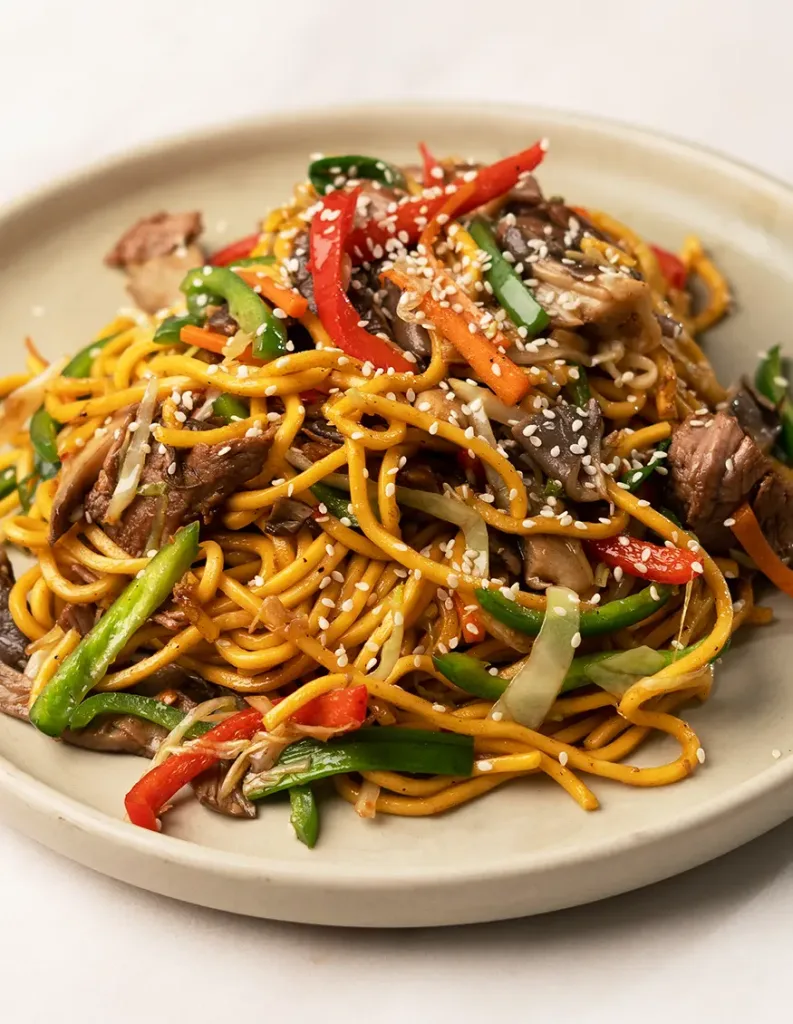
Chef's Recommendation:
Begin by gently brushing the mushrooms with a soft-bristled brush or a clean, damp cloth to remove any dirt or debris that may be clinging to them.
Since Superlicious Mushrooms are cultivated in a very clean environment washing is not required.
Pat the mushrooms dry with a clean towel or paper towel to remove any excess moisture.
Remove the stem by cutting it with a knife, place the top half of the mushroom on a cutting board and cut into ½ inch thick pieces.
Other than black pearl & king oyster, most of the oyster mushrooms stems are hard to cook & they are recommended to be discarded.
Marinate the beef by combining soy sauce and tenderizer powder in a bowl, then massaging the beef with the mixture. Allow the marinated beef to rest for an hour before cooking.
In a skillet, heat 1 tablespoon of oil and cook the beef pieces until they are 50% cooked, being careful not to overcook. Maintain medium heat throughout, then remove the beef from the pan once cooked.
In the same skillet, add 1 tablespoon of oil. Once heated, add the mushroom pieces and sauté for 2 minutes. Remove from the pan when done.
Wash and clean your vegetables, then cut them to your desired size for the Chow Mein.
Cook the noodles according to package instructions, then drain, rinse with cold water, and set aside.
Set the flame to high and add the remaining 3 tablespoons of oil to a wok. Sauté garlic and ginger until fragrant, then add the cooked mushrooms and beef to the wok.
All your vegetables along with a tablespoon of water to the wok, and toss them over high heat until they are tender.
Next, add in the noodles and stir-fry for one minute.
Combine soy sauce, oyster sauce, sesame oil, black pepper, salt, and chicken powder. Stir-fry over high heat for a minute. Finish by garnishing with green onions.
Always use sharp knife, when you use a dull knife to cut, you need to apply more force. As a result, the knife is more likely to slip and this increases the risk of injury.
In order to prevent contamination, it is important to clean your knife as soon as you’re done using it. Leaving your knife on your cutting board or in a sink full of soapy water clutters your kitchen and creates opportunities for contamination and injury.
Always use a cutting board when cutting ingredients. This will allow you to cut consistently and protect your work surface in the process.
Never leave your stove unattended while cooking. Stay in the kitchen while you're frying, grilling, boiling or broiling food. If you have to leave the room—even for just a moment—turn off the stove.
Keep cooking equipment clean. Crumbs in a toaster, built-up grease on the stovetop, and excess dust behind your appliances are fire hazards.